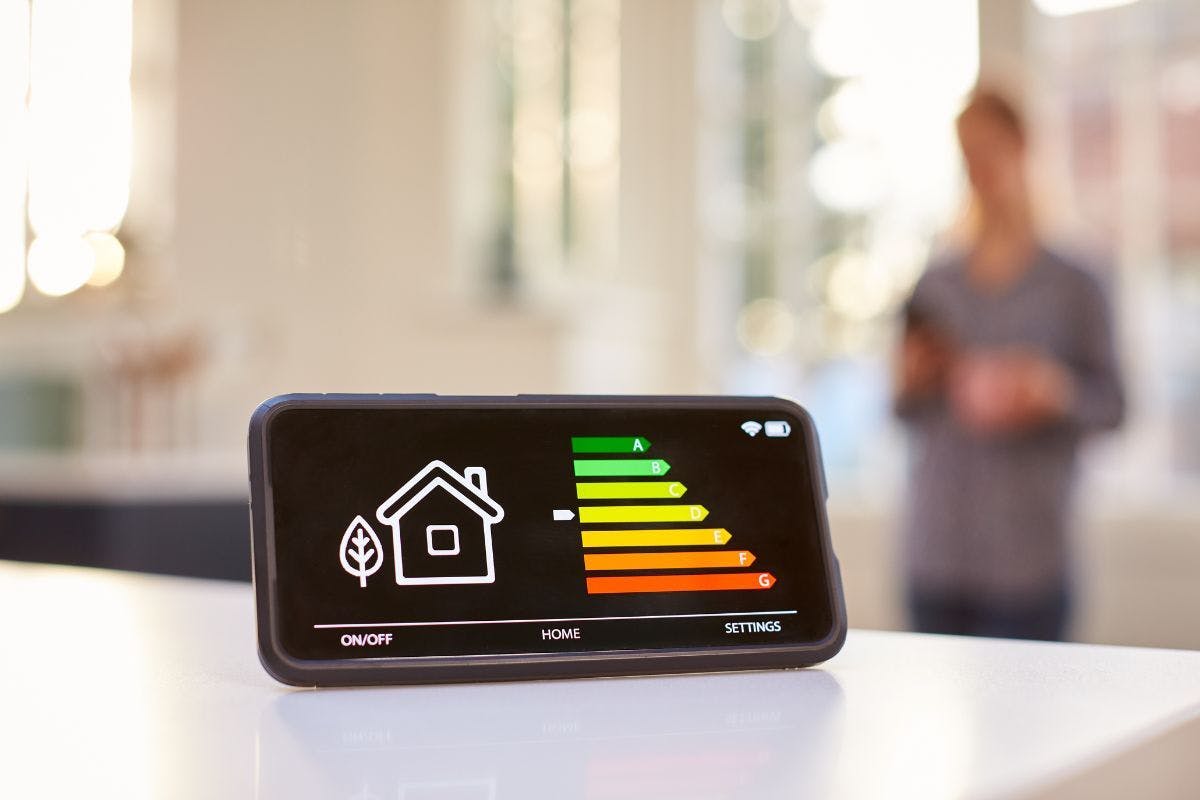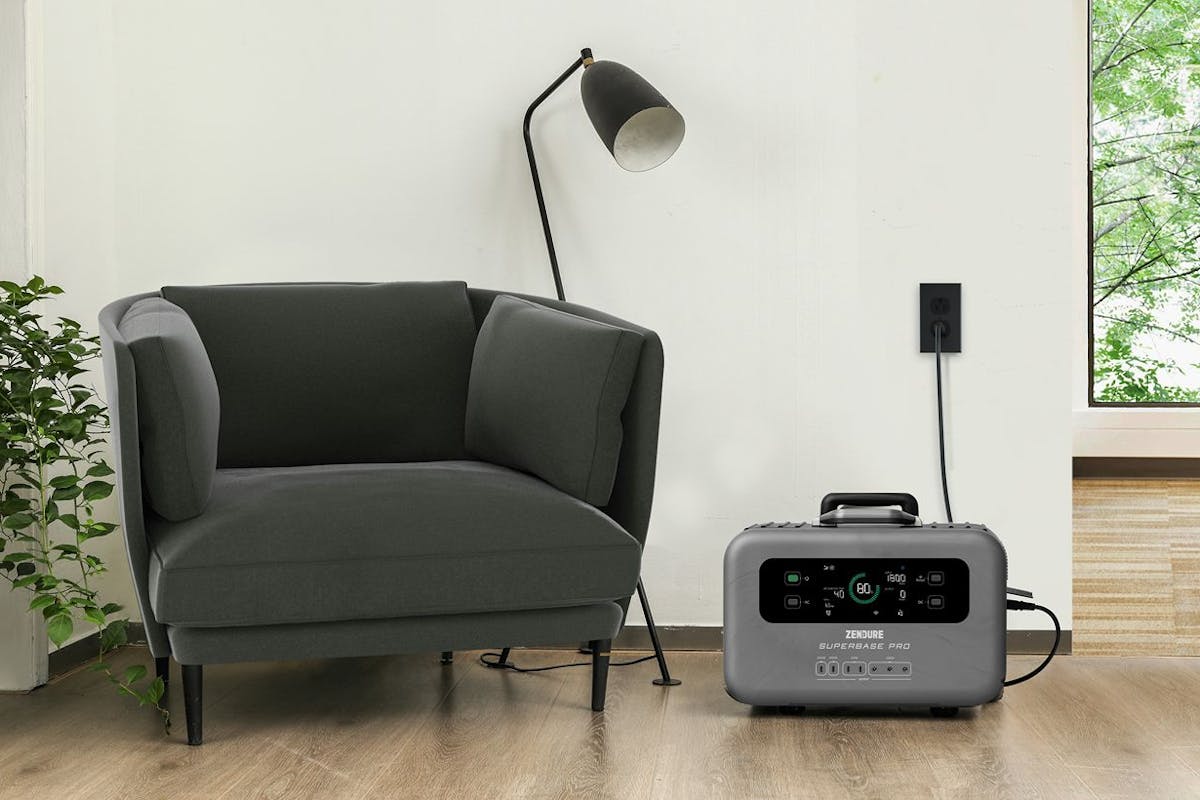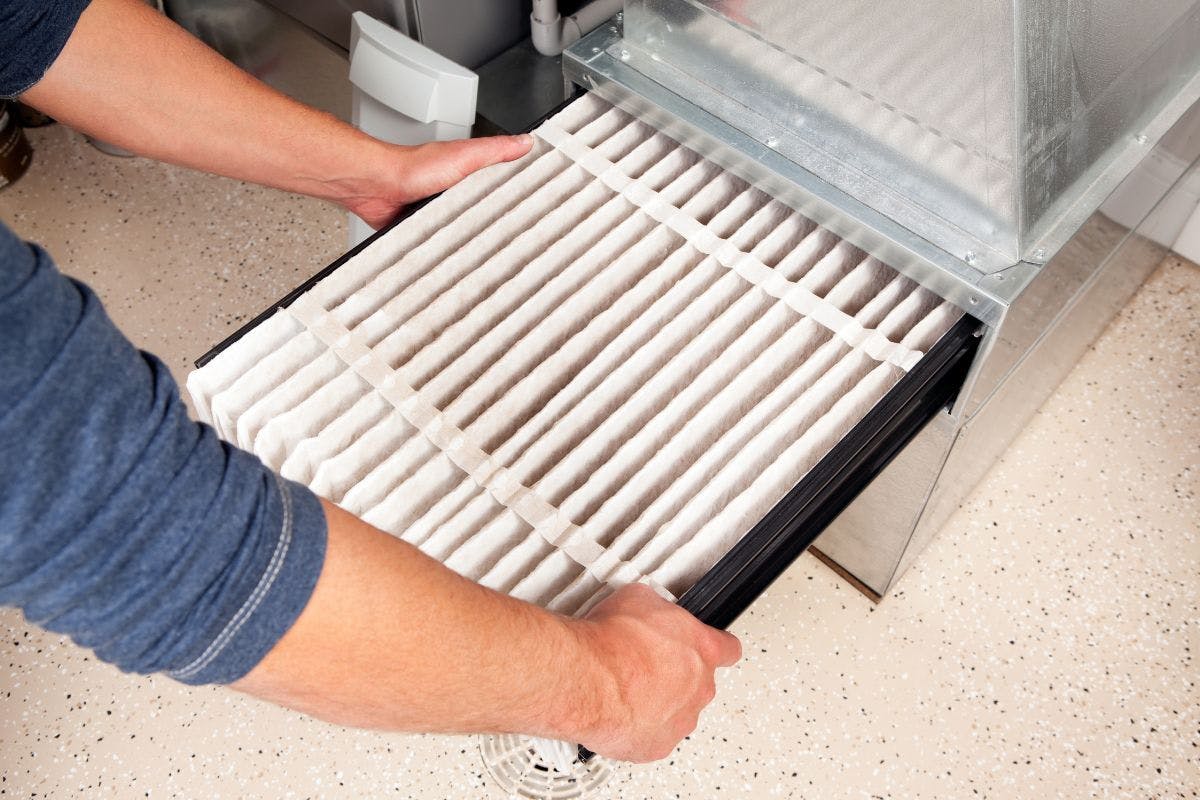Best Home Energy Monitors for 2025
Actualizado

Autor
Andrew Giermak
Solar and Electrification Writer and Editor

Editor
Andrew Blok
Electrification and Solar Writer and Editor

If your utility bills are higher than you’d like, using less energy from your utility companies can lower them. When you know how your home uses energy, you can take smart steps toward that goal.
A home energy monitor lets you do that with clear energy usage data and identifies usage patterns.
Here’s a few of the many home energy monitors out on the market that could work for you, plus the features, functions, and benefits you should know to find the best fit for your home.
See how much you can save with home energy changes
Best Home Energy Monitors
There are numerous companies with home energy monitors on the market. Here are some of the more popular brands and their main models.
Efergy: Efergy Elite home energy monitors have a compact display with real-time information about your energy usage, your local electric rates, peak and off-peak periods, and past data and information.
Emporia: Emporia Vue is a solar-compatible home energy monitor which tracks solar energy generation in real-time. Their product line also includes a bi-directional EV charger and a home battery that can work together through the Emporia app.
Eyedro: The Eyedro Home Electricity Monitor gives you real-time data, works to track solar systems and net metering, and can give you bill and rate information. It is easy to install and start using and has no subscription fees.
Schneider Electric: The Schneider Energy Monitor installs in an electrical panel. It helps you keep tabs on your home by notifying you when devices are on or off in the home, and monitors home energy usage, including by specific appliances, in real-time.
Sense: Sense reads your electrical current over 1 million times each second and uses machine learning on that data to determine what devices are on and off. Sense can track how much electricity you consume from solar and the grid, the excess electricity you sell back through net metering, and what percent of your home is being powered by your solar system.
Siemens: Inhab is Siemens’ suite of home energy-monitoring products. Inhab monitors real-time energy usage, monitors solar generation and usage, and lets you manage power and devices, such as an EV charger, to increase energy efficiency and reduce your utility bills.
See how much you can save with home energy changes
Comparing Home Energy Monitors
The features and functionalities you need will point you to the energy monitor that’s right for you.
Whole-home vs. individual systems or appliances: Are you looking to learn more about your home’s total energy usage, with information broken down to specific appliances, or monitor and control specific appliances or devices? Smart plugs may be the more fitting option for tracking and controlling one or a few appliances or systems.
Real-time data: How granular do you need real-time data to be? Most home energy monitors give you virtually instantaneous data and control. Still, whether you see yourself making adjustments and wanting knowledge down to the second, or are more interested in monthly usage or big-picture data could inform your purchase.
Solar monitoring: If you have home solar panels, you'll likely want a monitor to track your solar power generation, the solar power you’re consuming, solar battery status, and the power you’re sending to the grid for net metering.
Integration: If you already are using platforms such as Amazon Alexa, Apple HomeKit, or Google Home, it makes sense to know a new energy monitor connects and is easy to use with the smart system.
Cost tracking: For most energy monitor users, all the features and uses boil down to saving money. Neat-looking data and charts on screens will be aggravating if you’ve got to do your own algebra from there.
Ease of use: Make sure a home energy monitor is easy enough to use. It can be worth it to look at customer reviews about ease or problems with installation and what people are saying about using it day-to-day.
Subscription fees: With some systems, advanced features, advanced app capabilities, or long-term data storage may cost more. You’d rather know this upfront.
Benefits of a Home Energy Monitor
With a home energy monitor, you can gain insight into and easy control over your home energy use, which can save you money and reduce your home’s carbon footprint.
See energy usage and cost in real-time
An energy monitor lets you see your energy usage, habits, and routines in real time and throughout the year. This can translate to cost savings as you can take action as soon as you see an issue instead of waiting for your next utility bill.
Smarter energy usage
When you see how much it costs to run an appliance, you can make smarter decisions about how you use it. It’s not a good idea to forgo doing laundry, but you can run your washer and dryer in smarter ways and during off-peak hours. Other energy efficient changes can include going to LED light bulbs and stopping vampire energy around your home.
Benefits with an EV
If you’re charging an electric vehicle at home, a little more tracking and info can help you save money. You can use an energy monitor to cut charging off during peak or demand charge periods, and resume charging when you’ve got your own solar power or less expensive grid power to use.
Catch a problem before it’s big and expensive
A home energy monitor may pick up a change in energy usage from an appliance in need of repair or replacement, letting you take steps before the issue becomes a more expensive failure or a safety hazard.
Choosing the Best Home Energy Monitor
The factors you weigh in a new home energy monitor are up to you. It depends on your goals, budget, and the tech already in your house. A home energy monitor can also help you efficiently maximize the savings and benefits of home solar panels.
If you’re looking for more ways to save money on your home energy, you can go to Palmetto’s solar savings calculator or home energy advisor.
See what home electrification can do for you:
Frequently Asked Questions
What is a home energy monitor?
A home energy monitor tracks electricity usage, telling you what circuits, systems, or appliances are using electricity, how much energy is being used, when power is used, and how much it’s costing.
Is a home energy monitor worth it?
A home energy monitor can help you use less energy and save money. With a monitor, you can see wasted energy. You may be able to see ways to use energy more efficiently such as maximizing solar power, using battery power, and when to use or charge major energy users.
Will a home energy monitor save me money?
By itself, no. A home energy monitor will give you insight into your energy usage you can use to reduce your energy bills. Over time, you should save more than the initial cost of the system.
Will a home energy monitor save electricity?
An energy monitor will help you see ways to use less electricity. If you act on those insights, you can use less electricity.


